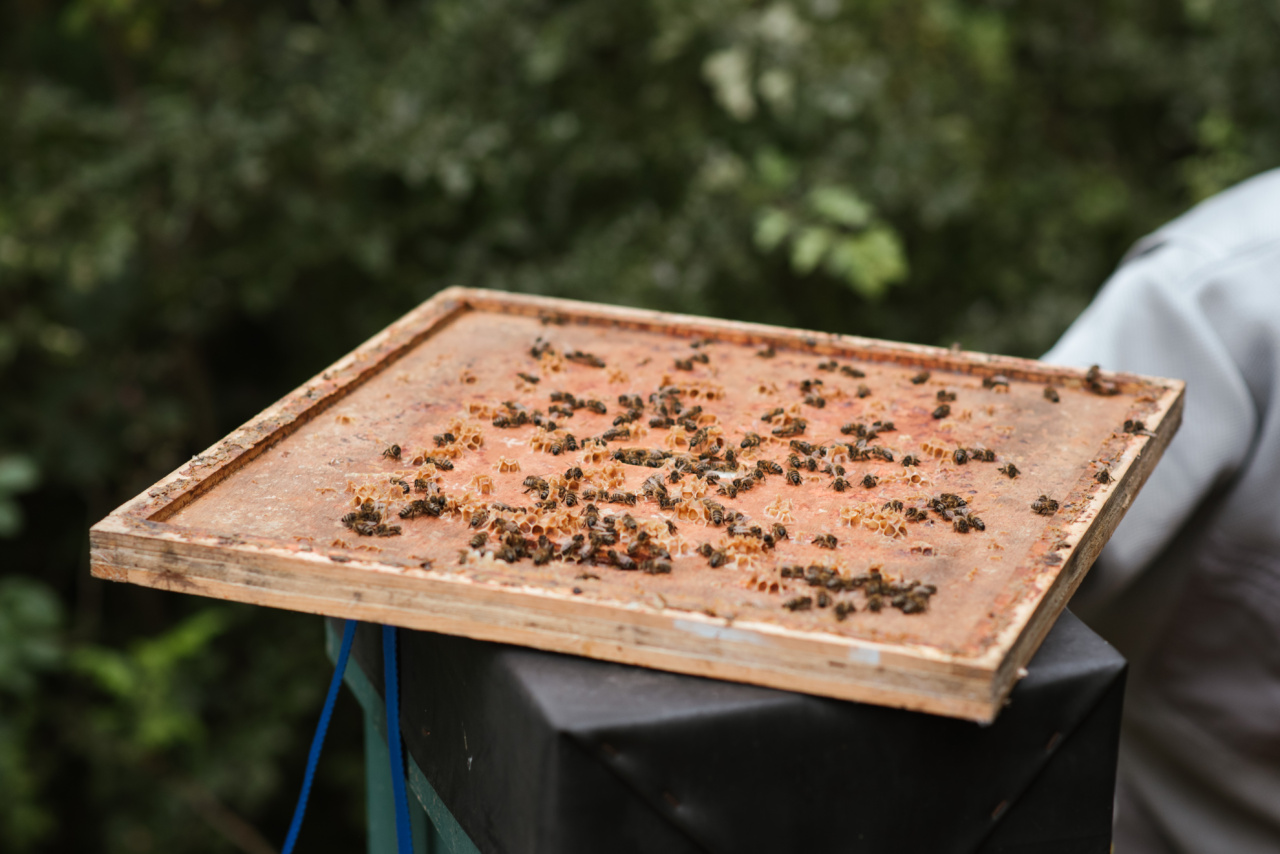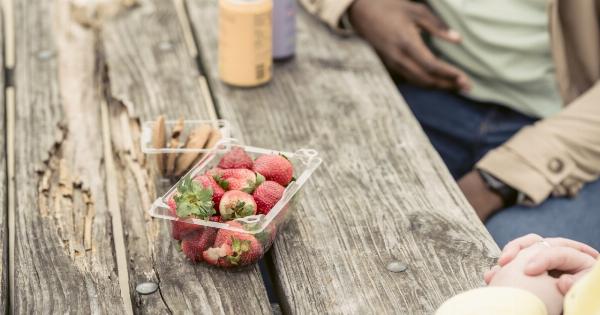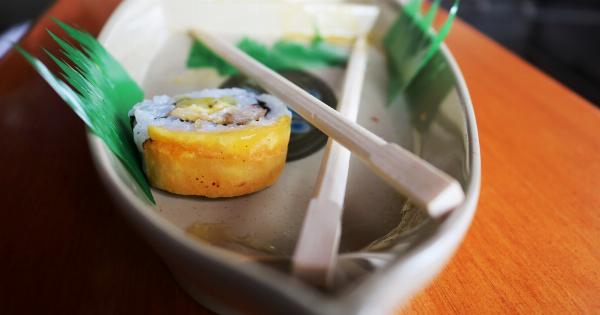Summer is a time for fun, relaxation, and enjoying outdoor activities. However, it is also a season when the risk of food poisoning increases. With warmer temperatures and outdoor gatherings, the chances of foodborne illnesses rise significantly.
This article will discuss the dangers of food poisoning in the summer and the steps you can take to protect yourself and your loved ones.
1. Increased Bacterial Growth
One of the main reasons for the higher risk of food poisoning in the summer is the rapid growth of bacteria in warm temperatures.
Bacteria multiply faster in the heat, especially between 40°F (4°C) and 140°F (60°C), known as the “danger zone.” This is the temperature range at which bacteria can double in number every 20 minutes, leading to the contamination of food.
2. Improper Food Handling
During summer gatherings, it is common to have a buffet of various foods sitting out for an extended period. Unfortunately, this can lead to improper food handling. Foods can be left at room temperature for too long, allowing bacteria to multiply.
Additionally, certain perishable foods like mayonnaise-based salads, dairy products, and raw meats are particularly susceptible to spoilage and bacterial growth when not stored properly.
3. Contaminated Water Sources
Many people enjoy swimming, boating, and other water-related activities during the summer. However, water sources can become contaminated with harmful bacteria like E. coli or Salmonella.
If you accidentally ingest water from contaminated sources or consume seafood that came from contaminated waters, you are at risk of foodborne illnesses.
4. Picnics and Barbecues
Picnics and barbecues are popular summer activities but can also be breeding grounds for food poisoning. When food is prepared outdoors, it may not be cooked thoroughly or stored properly.
Cross-contamination can occur when raw meat and ready-to-eat foods come into contact with the same surface or utensils. This increases the risk of bacterial contamination.
5. Undercooking Meat
Undercooking meat is a common mistake during summer cookouts. Grilling meat at high temperatures can often lead to charred exteriors while the inside remains raw.
Consuming undercooked meat, such as hamburgers or chicken, can expose you to harmful bacteria like salmonella or E. coli, causing severe food poisoning.
6. Lack of Refrigeration
In the summer, people tend to spend more time outdoors, which means carrying food with them. If perishable foods like sandwiches, fruits, or salads are not kept properly refrigerated, bacteria can multiply rapidly.
Leaving such foods unrefrigerated for extended periods can lead to food poisoning if consumed.
7. Increased Consumption of Raw Foods
During summer, people often include more raw foods in their diets, such as fresh salads or sushi. While these can be delicious and healthy choices, they do carry a higher risk of food poisoning.
Raw ingredients, especially those of animal origin, can harbor harmful bacteria and parasites that are only eliminated through proper cooking.
8. Food Vendors and Outdoor Events
Festivals, fairs, and other outdoor events are synonymous with summer. While these events provide a wide variety of food options, they also present an increased risk of food poisoning.
Food vendors may not always adhere to strict hygiene standards, cross-contamination can occur easily, and the storage of perishable foods may not be optimal.
9. Weakened Immune Systems
Summertime often means more time spent outdoors in the sun, which can lead to dehydration if proper hydration is not maintained. Dehydration weakens the immune system and makes it harder for your body to fight off foodborne infections.
It is essential to drink plenty of water and stay hydrated to help protect against food poisoning.
10. Symptoms and Prevention
Food poisoning can cause a range of symptoms, including nausea, vomiting, diarrhea, abdominal pain, and fever. In severe cases, it can even lead to hospitalization or, in rare cases, be fatal. To prevent food poisoning in the summer, follow these steps:.
– Always wash your hands thoroughly with soap and water before and after handling food.
– Use separate cutting boards for raw meat and other ingredients to avoid cross-contamination.
– Cook foods thoroughly, especially meats, to kill any harmful bacteria.
– Keep perishable foods refrigerated until ready to eat, and do not leave them out in the heat for more than two hours (or one hour if the temperature is above 90°F/32°C).
– Avoid consuming raw or undercooked foods, particularly seafood and eggs.
– Be cautious when eating at outdoor events, and choose food vendors that prioritize food safety and hygiene.
– Drink plenty of water to stay hydrated and support your immune system.




























